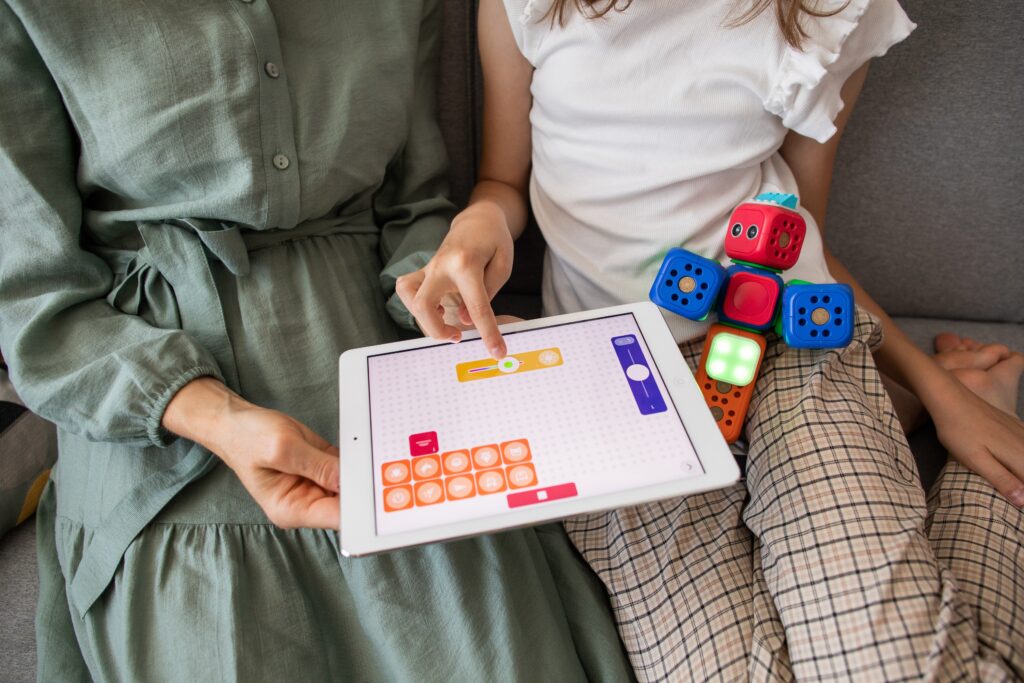
When I was a young child in the 1960s, praise was a rare thing for a parent to offer. One was expected to be good for goodness’ sake – and to avoid the spanking that comes from being ‘bad’.
Then, around 1970, parents began hearing messaging that praise was good for children. There was a distinction made between bad children and bad behavior. Children began to be told “Good job!” And “That’s terrific!” more often. Reward charts appeared in classrooms and in home kitchens. Praise and positive reinforcement were seen as ways to boost children’s self esteem, confidence, and performance. This was a breath of fresh air for me as a child, and I’m sure many, many others benefited from this newly popular parenting tool.
But by the mid-1980s, it became clear that there was such a thing as too much praise. Over-using praise can have several drawbacks:
- Positive praise is a form of judgment. It can make the child feel like everything they do is a performance.
- It can make love and acceptance feel conditional
- “They love me because I’m good at everything, but what if I fail”
- A lack of praise can begin to feel like negative judgment
- Praise can encourages children to work for external rather than internal rewards
- It can distract a child from developing their own internal compass and drive
When To Use Praise
Here are there times when praise can help to encourage your child, develop your relationship with them, and promote behaviors you want to see more of:
- If the child has done something you asked them to
- “Thanks for clearing the table like I asked you to. That was so helpful.” (For more on this, read my previous blog post)
- When the child is learning a new skill such as tying shoes or loading the dishwasher, and you are the teacher
- “You remembered to go around the big loop then through, nice job”
- Those times when the child achieves goal they have set for themselves and asks you to notice
- “Yes, I saw that, you have been working that move a long time. Congratulations!”
When To Avoid Praise
Avoiding praising a child during these instances in order to avoid making them feel like they have to constantly be at their best, that they are “performing,” or that they are invalidated
- When your child is engaged in a self-directed project
- If you are not the teacher
- When it contradicts the child’s own experience (such as when a child is unhappy or frustrated with something they are working on)
What to Do Instead
Just because you’re not offering praise doesn’t mean you have to ignore your child or act disinterested. Try these techniques instead:
- Express interest and notice without judgment
- Instead of “Great job with the Legos” try “you are really enjoying building with the Legos”
- Reflect the child’s feeling about what they have done back to them.
- For example, say “You look really proud of yourself,” or “You’re so frustrated, that didn’t come out the way you wanted.”
- When asked to offer positive, specific feedback, such as if the child asks “Do you like my picture?”
- Instead of saying “Yes, it’s very pretty,” try “I really like the colors you chose, make the picture so bright.”
When your child does something right, something you’ve asked them to do, or is practicing a skill you’ve been working on, yes, praise away! If a child is working for their own sense of purpose, let them have that experience without judgement. Children need to know they don’t need to be good all the time – sometimes, they can just be.
Looking for more advice on praising children? Schedule a consultation here.

Want to read more like this?
Get notified when we post more helpful articles!